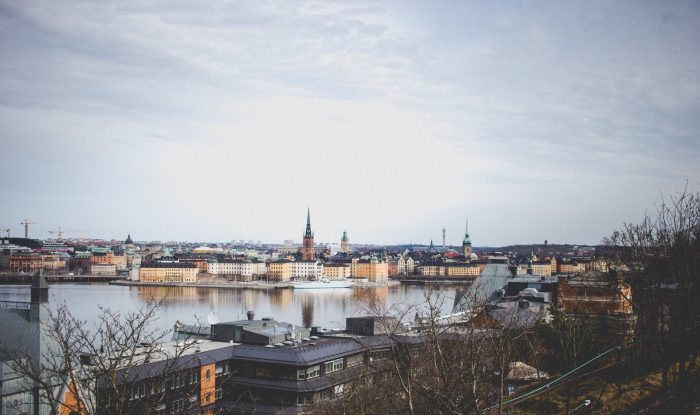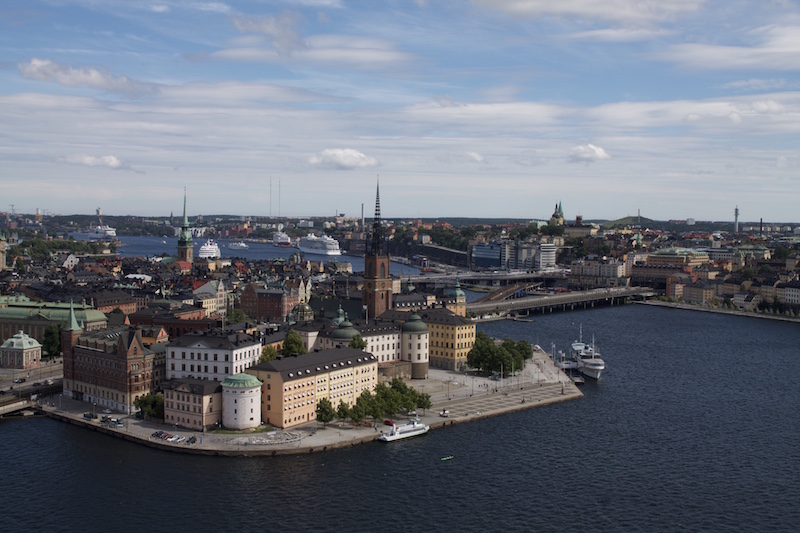Introduction
Why living in Stockholm is a thriving city known for its high quality of life, scenic beauty, and innovative tech scene. For expats considering a move, understanding the cost of housing, commute, and overall lifestyle is essential to make an informed decision. In 2025, Stockholm remains one of the most desirable cities in Europe, offering a balance between career opportunities and work-life quality.
This guide explores key aspects of living in Stockholm for expats, covering housing, transportation, daily expenses, neighborhoods, healthcare, and tips to adjust smoothly to Swedish life.
Housing Costs in Stockholm
Housing is one of the biggest expenses for expats in Stockholm. Prices vary depending on location, size, and whether the apartment is furnished or not.
- City Center Apartments: A one-bedroom apartment in central Stockholm averages between SEK 14,000–20,000 per month, while two-bedroom units can reach SEK 25,000–35,000.
- Suburbs and Outer Districts: Moving to areas like Sundbyberg or Solna can reduce rent to SEK 10,000–15,000 for a one-bedroom apartment.
- Buying Property: Average property prices in 2025 are around SEK 90,000–120,000 per square meter in central Stockholm, making real estate a significant investment.

For updated housing listings and insights, visit Blocket Bostad or Expatistan.
Commute and Transportation
Stockholm offers an efficient public transportation network including metro (Tunnelbana), buses, trams, and commuter trains.
- Monthly Public Transport: A monthly pass costs around SEK 970–1,250 depending on the zones.
- Commute Times: Average commute is 30–45 minutes from suburbs to city center.
- Cycling: Stockholm is bike-friendly with dedicated lanes and rental options like Stockholm City Bikes.
- Driving: Owning a car is more expensive due to high fuel costs, parking fees, and congestion charges in central areas.
Efficient public transport and cycling make commuting manageable, reducing the need for car ownership.
Daily Living Expenses
Stockholm is known for a relatively high cost of living. Common expenses include groceries, dining out, and utilities.
- Groceries: Monthly grocery costs for one person range from SEK 3,500–4,500.
- Dining Out: Lunch in a casual restaurant costs SEK 120–150, while a dinner at a mid-range restaurant can reach SEK 400–600 per person.
- Utilities: Electricity, heating, water, and garbage collection average SEK 1,000–1,500 per month for a standard apartment.
- Internet: High-speed broadband costs around SEK 350–450 per month.
Quality of Life and Lifestyle
Stockholm ranks highly in global quality-of-life indexes. Key factors include:
- Work-Life Balance: Sweden emphasizes a balanced lifestyle with generous vacation days (25–30 days/year) and flexible working hours.
- Nature Access: The city is surrounded by water and forests, offering hiking, boating, and winter sports.
- Safety: Low crime rates and strong social services provide a safe living environment.
- Cultural Life: Museums, theaters, festivals, and vibrant cafes create a rich cultural scene for expats.
The combination of urban convenience and natural surroundings contributes to Stockholm’s reputation as an ideal city for expatriates.
Neighborhoods Best for Expats
Some areas in Stockholm are especially popular among expats due to amenities, schools, and accessibility:
- Östermalm: Upscale, central, and close to cultural attractions.
- Södermalm: Trendy, artistic, and lively, popular with younger expats.
- Kungsholmen: Residential and quieter, yet centrally located.
- Sundbyberg and Solna: Affordable suburban alternatives with good transport links.

Choosing the right neighborhood depends on lifestyle preferences, budget, and family needs.
Healthcare and Education
Stockholm provides excellent healthcare and education options for expats:
- Healthcare: Sweden’s public healthcare system is high quality and partially subsidized. Private clinics are also available for quicker access.
- Education: International schools such as Stockholm International School and local Swedish schools offer excellent programs for children.
Tips for Expats Moving to Stockholm
- Plan housing early due to high demand and long waiting lists in popular areas.
- Learn basic Swedish to enhance integration, though English is widely spoken.
- Explore public transport options and consider cycling for shorter commutes.
- Understand local customs, such as “fika” (coffee breaks) as part of workplace culture.
- Budget carefully for initial costs, including rent deposits and utilities setup.
Living in Stockholm as an expat offers a unique blend of high-quality urban life, excellent public services, and access to nature. While the cost of housing and daily expenses can be high, the benefits in terms of safety, work-life balance, and cultural opportunities make the city an attractive destination.
By understanding the cost of housing, commute, and overall quality of life, expats can make informed decisions and enjoy a smooth transition to life in Sweden’s vibrant capital.
For more information on expat living in Stockholm, visit Expatica Sweden.
